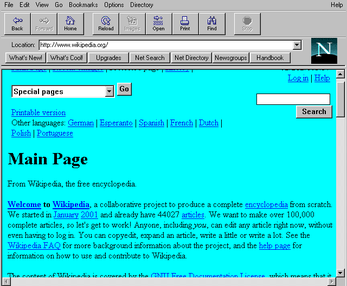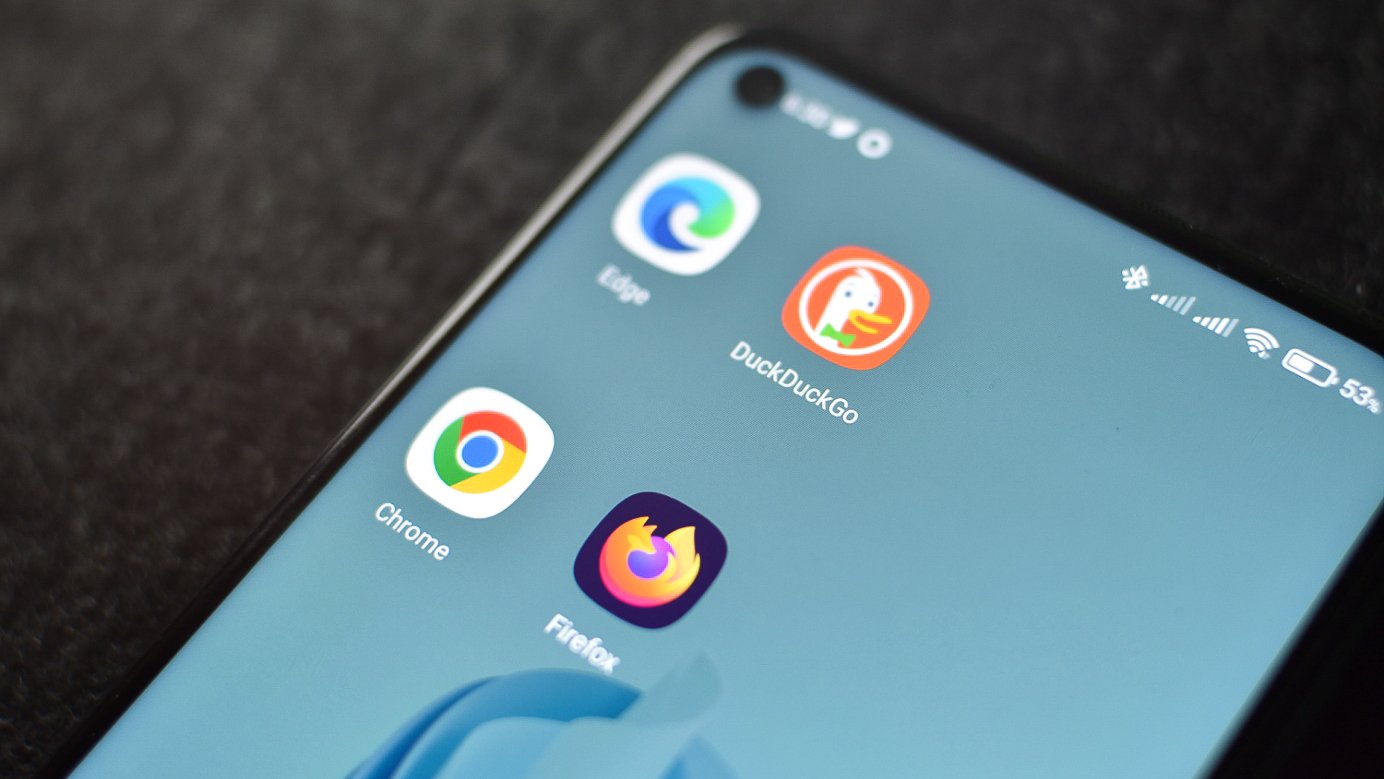The Department of Justice is still pursuing the option to compel Google to divest Chrome and Android. The judge currently overseeing the antitrust case has been relatively quiet on the matter, but some lawmakers believe this could be an appropriate penalty for Google’s financial missteps. (Editor’s note: Are these actions considered crimes? Share your thoughts in the comments!)
Personally, I doubt this will happen. My father used to say it’s good to have aspirations. While a part of me wishes to see Google face severe consequences for its questionable practices, the more rational side realizes that it’s tough to find any company capable of managing projects like Android or Chrome without resorting to similar, if not worse, practices. Thankfully, I’m not in charge of anything.
Android & Chill

“Android & Chill” has been one of the web’s oldest tech columns, offering a Saturday deep dive into the world of Android, Google, and tech trends.
To add to the drama, Yahoo! (don’t forget the exclamation mark!) has expressed interest in acquiring Chrome should Google be compelled to sell the browser. Take a moment to recall who Yahoo is and suppress your laughter.
Yahoo has become the quintessential tale of tech failure. Believe it or not, there was a time when Yahoo wielded as much influence over the web as Google currently does; it had a vast market share and attracted investors and partners in droves, with seemingly boundless potential. The outcome is now history.
Today, Yahoo is a mere shadow of its former glory, and even its own executives acknowledge this decline. One of the primary reasons, as they see it, is the lack of a first-party web browser. Well, technically, their actual parent company, Apollo Global Management, owns NetScape. You might have heard of it.

I completely understand its reasoning, and you might too, even if you’re not fully aware of it. It pertains to the way web searches are conducted.
Users can open a web browser, navigate to Google.com, and input a search query in the box at the center of the page. Millions do this every hour.
You can also use a web browser (most of them) and simply type in your search directly.
Both methods yield the same results from the same source—one just saves you some typing and loading time. Yahoo recognizes the significance of this and is reportedly working on its own browser. I would wager it will likely be Chromium-based, like many others. Let’s hope Yahoo doesn’t think it can reinvent the wheel.
Is this a good or bad development? I’ll answer that with another question: Can it be both?

Apollo Media Group owns a diverse portfolio, ranging from Norwegian Cruise Line to the web/cloud security provider and hosting company Rackspace. They have the financial capability required to sustain the Chrome project.
That said, it would likely influence Chrome’s future to its own advantage. I would expect nothing less if Chrome were to come under its ownership.
This situation underscores the real issue: corporations that arguably shouldn’t hold excessive power over the web—like Amazon, Microsoft, Apple, or Google—are the ones financially equipped to sustain losses year after year while developing Chrome and its software ecosystem.
Meanwhile, companies more deserving of that role, such as Mozilla or DuckDuckGo, lack the resources. And don’t get me started on organizations like Perplexity or OpenAI having authority over anything more significant than a remote control. It’s troubling enough watching Google maintain that power.
Yahoo may need Chrome, but it certainly doesn’t need it to be linked with Google. Conversely, Google needs Chrome because it’s financially lucrative, and there are claims that it uses Chrome as a means to extract even more revenue from competitors. We need Chrome, but not under the affiliation of any web search platform.
I’m unsure about what the future holds. As I’ve mentioned, I don’t believe an American judge would force an American company to let go of an American asset, particularly in the current political and financial landscape. And yes, I understand that America is more than just the United States, and you know what I mean.
I just thought it was interesting to see Yahoo enter the conversation, warranting a short discussion.
